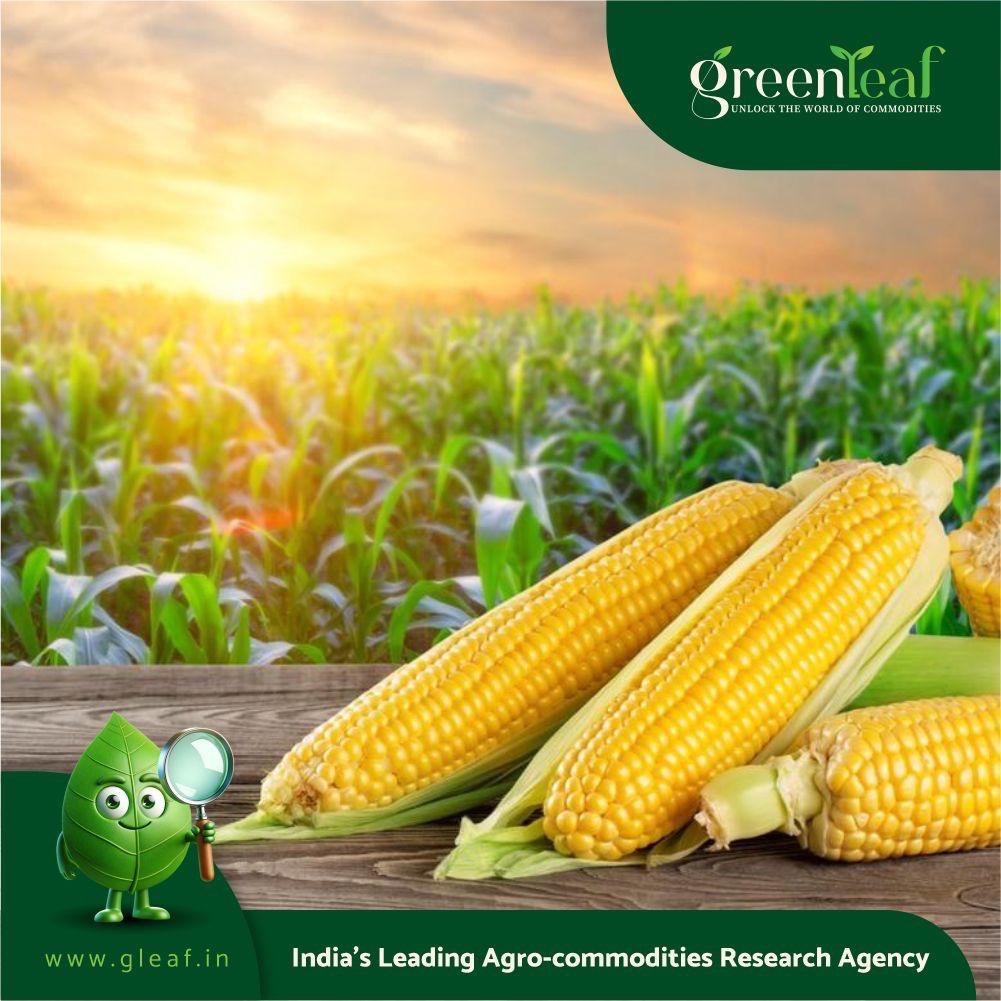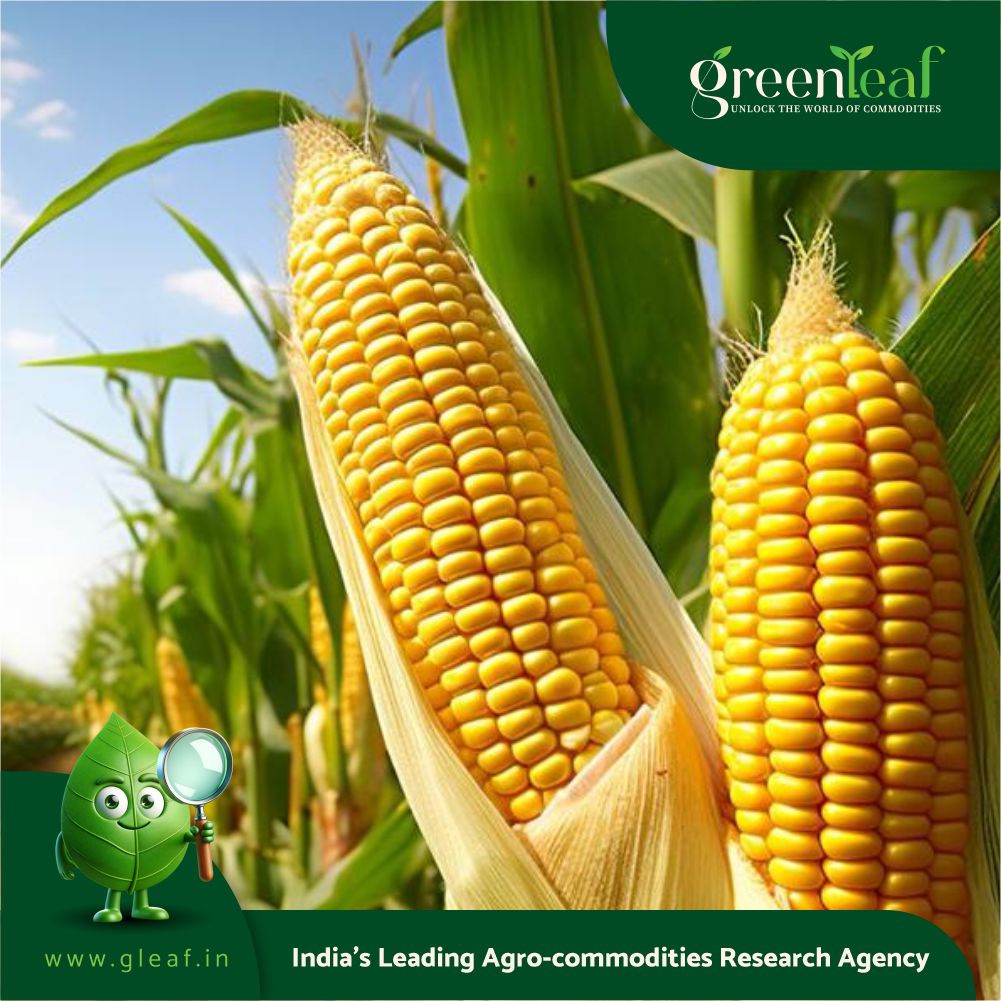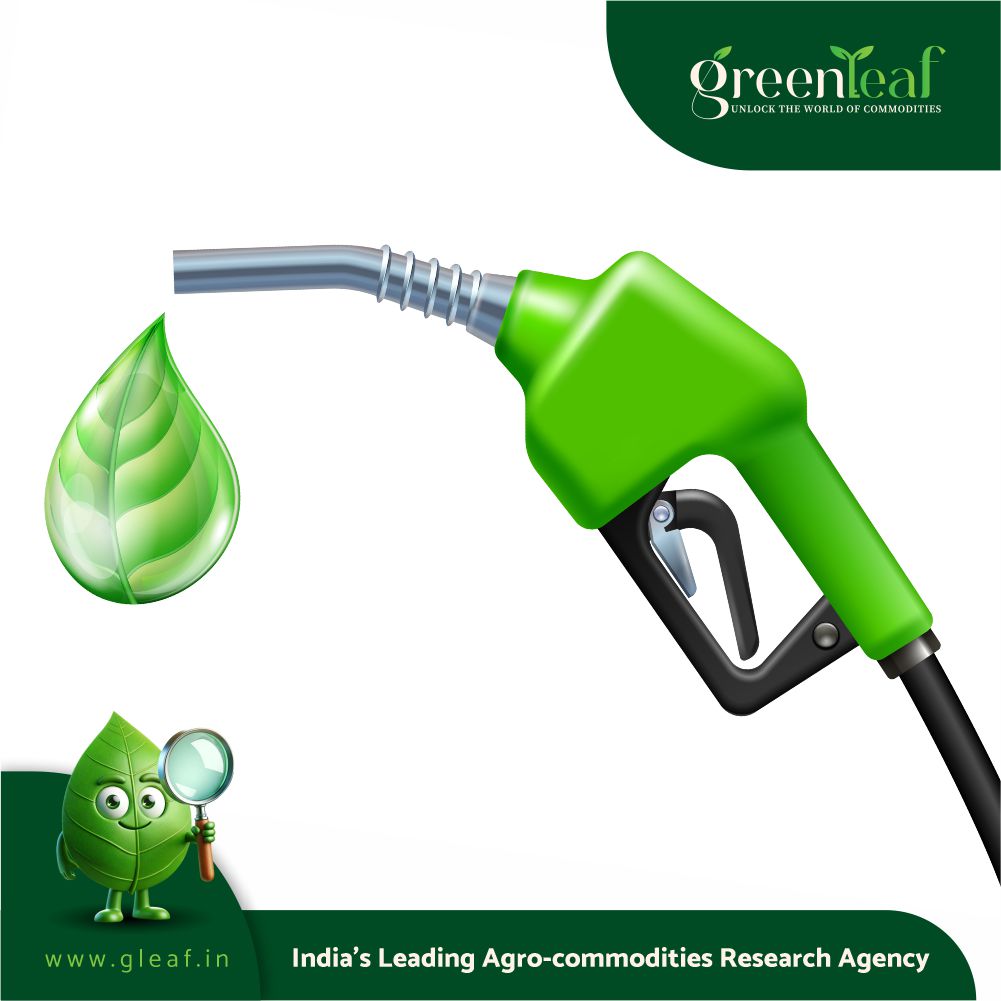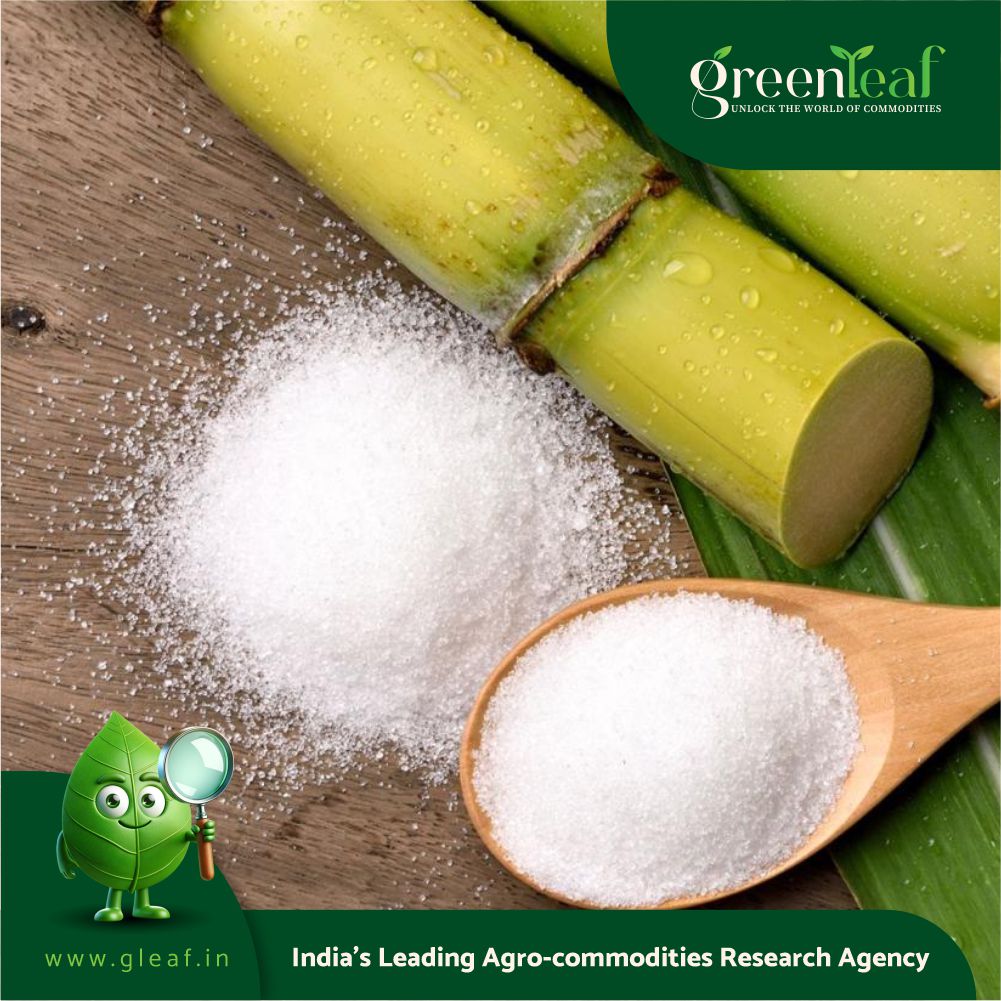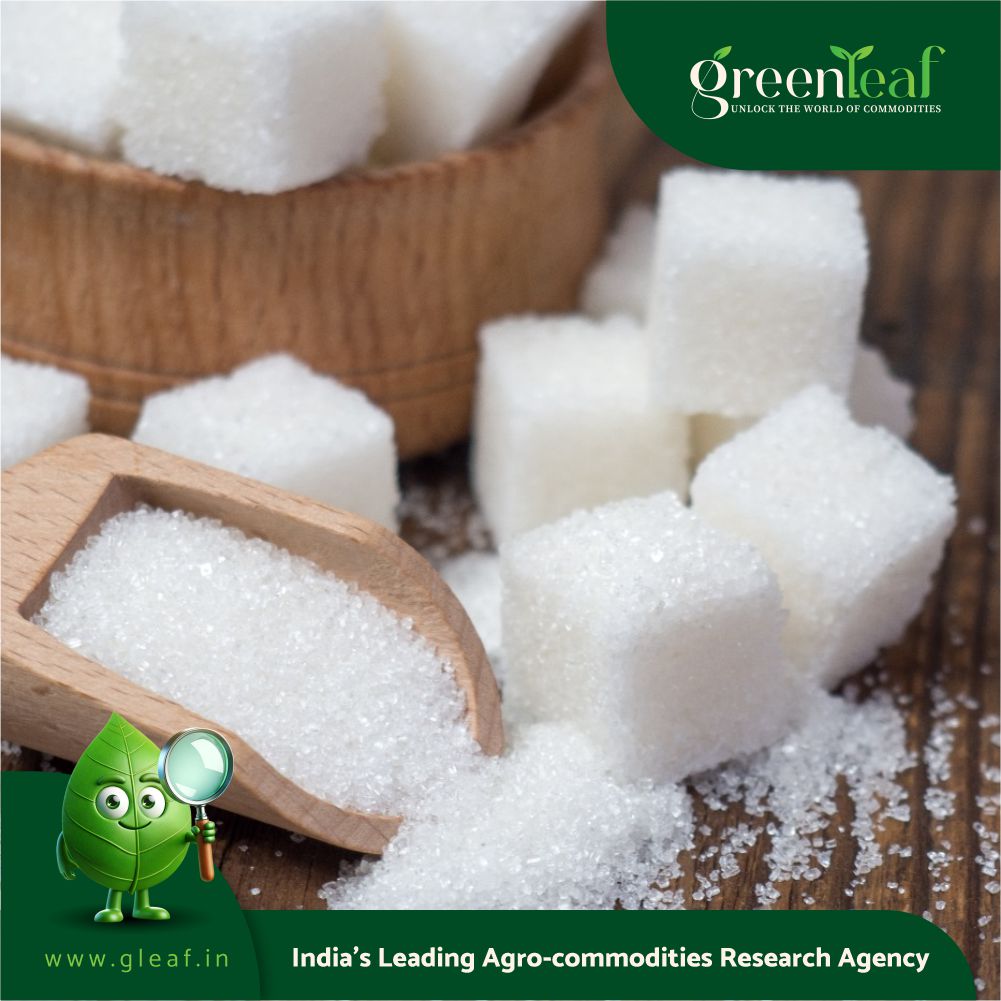India’s Petroleum Ministry has defended its 20% ethanol-blended petrol mandate, saying the fuel delivers cleaner emissions, strengthens energy security, and boosts farmer incomes — even though ethanol is now costlier than refined petrol.
In a statement, the ministry said E20 — petrol with 20% ethanol — is central to India’s “bridge fuels” strategy for meeting its 2070 net-zero pledge.
Officials acknowledged that ethanol’s procurement cost has risen above petrol, with maize-based ethanol climbing from ₹52.92 per litre in 2021-22 to ₹71.86 in 2024-25.
Despite this, they said the government has not rolled back the blending mandate because it channels money to farmers, cuts crude imports, and reduces pollution.
From 2014-15 to July 2025, ethanol blending by public-sector oil firms saved ₹1.44 lakh crore in foreign exchange, substituted 245 lakh metric tonnes of crude, and cut CO₂ emissions equal to planting 30 crore trees. At 20% blending, farmer payments this year alone could reach ₹40,000 crore, with forex savings of ₹43,000 crore.
The ministry rejected claims of “drastic” mileage loss, citing studies by NITI Aayog, IOCL, ARAI, and SIAM showing only marginal efficiency drops in compatible vehicles. E20’s higher octane improves acceleration and reduces carbon emissions by about 30% compared to E10.
Rumours that using E20 invalidates vehicle insurance are “totally baseless,” the statement said, adding that any parts replacement needed in older vehicles is minor, inexpensive, and handled during servicing.
Officials noted that Brazil has successfully run on E27 for years and that India’s vehicle technology, service networks, and supply chains have been prepared for the E20 shift since 2021. Any decision to go beyond E20 will come only after October 31, 2026, following consultations with automakers, oil firms, and producers.

